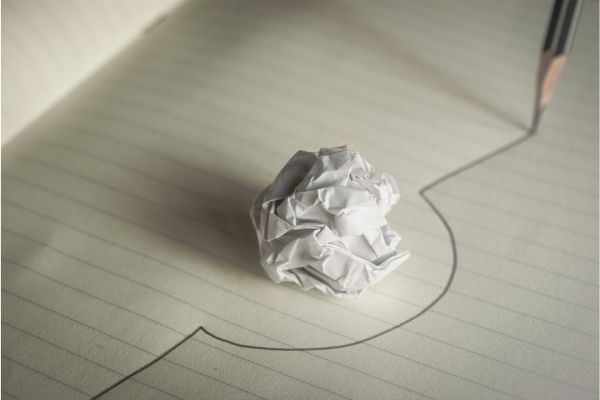Ever felt like you’re always keeping emotional distance in relationships, preferring independence over intimacy? That might just be the dismissive-avoidant attachment style at play. Let’s take a closer look at what this attachment style means for your romantic endeavours.
Imagine valuing your independence and personal space above all else. That’s the dismissive-avoidant attachment style. You’re wary of getting too close, preferring self-reliance and feeling uncomfortable with emotional vulnerability.
You might find yourself more focused on self-sufficiency than emotional connection. It’s like keeping your feelings in a locked box, rarely letting anyone get too close. You might downplay the importance of relationships or avoid getting too involved.
While you appreciate relationships, you prioritize your freedom fiercely. Commitment might feel suffocating, and you might downplay the importance of emotional connections, preferring to keep things light and easy.
You might struggle to express emotions, preferring to keep things surface-level. You might find it challenging to rely on others or have a tendency to pull away when things get too serious. When conversations do get serious you can’t accept or understand your partners emotions or feelings so dismiss them creating further disconnection.
This attachment style can put a damper on relationships. Your reluctance to open up emotionally might make your partner feel shut out or unimportant. It’s like trying to build a bridge without laying the foundation – relationships struggle without emotional connection. Emotional connection isn’t about sharing. Emotional connection is about being able to sit with your partners emotions, validate them, hear them and create reassurance regardless of whether you see it or not. You can articulate differences but validation and reassurance is key. It doesn’t matter if your dating, in a long term committed relationship or married when you attachment system is activated these traits will dominate at some level.
Your fear of intimacy might lead to behaviours that distance you further. You might avoid conflict or emotional discussions altogether, shutting down when things get too emotionally charged. Or when your partner is trying to express their feelings, you dismiss them or counter their feelings which creates further distance. It’s like putting up walls to protect yourself from getting hurt subconsciously. This in term can therefore create ruptures in your relationships, potentially leading to break ups or divorce.
Recognizing your attachment style is the first step. Therapy can be a guiding light, helping you understand these patterns and find a balance between independence and intimacy. It’s about finding a middle ground. Embracing your independence while also learning to express your emotions and create emotional connections is key. Finding someone who respects your need for space while nurturing emotional intimacy can be a game-changer.
Being dismissive-avoidant doesn’t mean you’re incapable of love. Understanding this part of yourself is crucial for nurturing fulfilling relationships. You deserve love, and with self-awareness and growth, you can strike that balance between independence and emotional connection. The key is to learn how to stay, validate and reassure your partner even in moments where it doesn’t feel like you want to. Its about connection not about being right or wrong.
To summarise…
Individuals with an avoidant attachment will be reluctant to get close to others and will uphold emotional distance, display less nonverbal intimacy, affection and expressiveness compared to secure individuals. It has been found that avoidant attachment systems have less positive feelings about physical touch and therefore less likely to seek out romantic partners in stressful situations, Attachment avoidance is associated with more positive attitudes towards emotionless, uncommitted sex and less likely to form committed relationships to avoid disappointment and pain state that individuals with higher avoidance often protect themselves by trying to avoid close intimacy with others in an attempt to maintain independent and self-sufficient; reducing their need or reliance on other individuals. Avoidant individuals will often disconnect and frequently cut off their emotions in a continued push and pull cycle to intensify their need for self-reliance.
Whether you want to use the term psychologist, psychotherapist or coach, whichever makes you feel more comfortable in helping to tackle the relationship with yourself and others I am an online relationship therapist which can help you understand behaviours which may be effecting your marriage, relationship or dating habits.
Let’s get out of the maze together!
Book your free 20 minute discovery call now.
Best wishes,
Charlie.
Psychologist, Therapist, Coach based in Dubai providing global online therapy to those in need.
We don’t need to hurt.
#relationship expert




